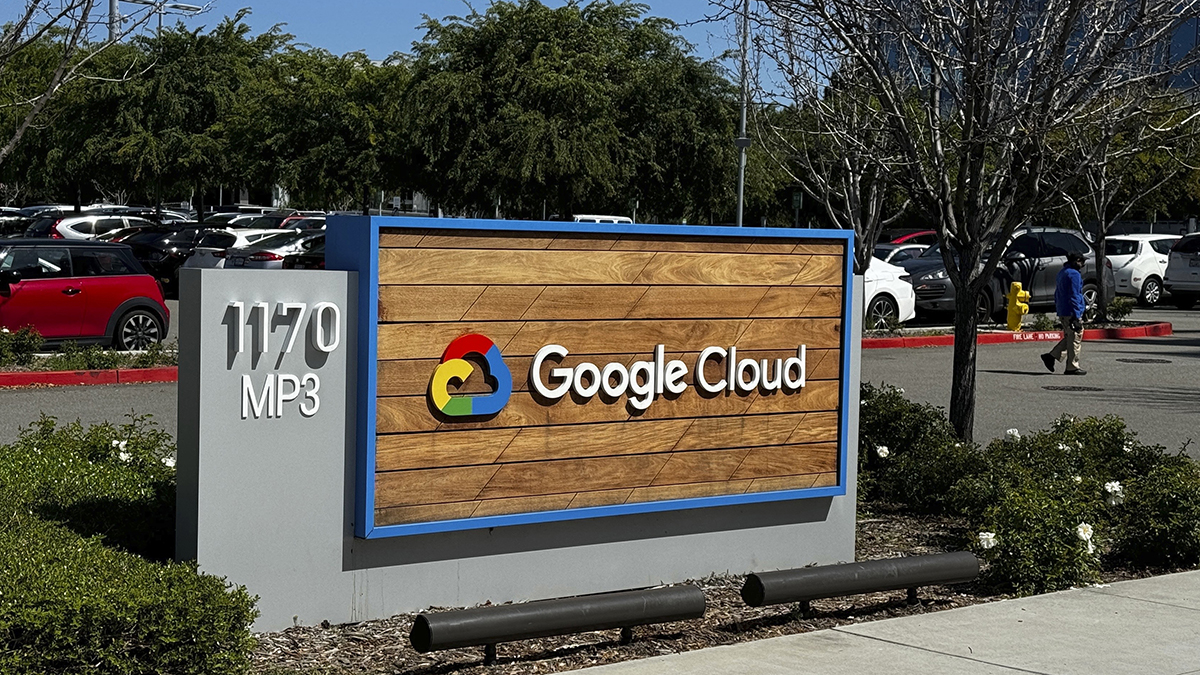The chairman of a House committee overseeing airlines says it should be harder for carriers to work together on setting prices and schedules.
Rep. James Oberstar, D-Minn., introduced legislation late Tuesday to raise standards for granting antitrust immunity to airlines. He said competition among carriers is declining, resulting in higher fares, especially on routes between the United States and Europe.
The bill could affect pending antitrust applications by AMR Corp.'s American Airlines and Continental Airlines Inc., but also could eventually undo deals that regulators have already approved.
Officials for Continental and American said they needed antitrust immunity to compete effectively with other airlines that already enjoy immunity.
Oberstar, chairman of the House Transportation and Infrastructure Committee, said if more antitrust-immunity requests are granted, competition on U.S.-Europe routes will be mostly reduced to jockeying by three alliances or teams of global airlines.
For years, airlines have been striking "code-sharing" deals in which they sell tickets on each other's flights. Antitrust exemptions go farther, giving them the power to plan prices and schedules. Airlines say the arrangements have increased travel options for their customers.
Oberstar's bill would require the Government Accountability Office to study whether benefits to consumers are outweighed by a loss of competition. It would also require that existing grants of antitrust immunity expire in three years unless specifically approved again by the Transportation Department.
Business News
The department has granted immunity to two of the three big airline alliances, SkyTeam and Star. Now American, British Airways and Spain's Iberia -- members of the third alliance, called oneworld -- are seeking immunity. Continental wants to jump from SkyTeam to Star and enjoy Star's antitrust immunity.
Oberstar called the immunity grants "a de facto merger of these airlines," and said the result is less competition. He said in 1990 there were six airlines competing on the route between Paris and New York's Kennedy Airport, while today there are only three, with SkyTeam alliance partners Air France and Delta Air Lines Inc. controlling 75 percent of the market.
A spokesman for Continental, Dave Messing, said the Houston-based airline would be pleased to take part in a study of alliances but that any further delay in reviewing pending applications "would perpetuate the competitive imbalance that now exists."
Messing said Continental was confident of winning immunity approval from the Transportation Department "so we can provide effective competition to the world's largest airline," a reference to Delta, which has immunity for its alliance with SkyTeam partner Air France-KLM.
Delta is reviewing the legislation, a spokeswoman said.
A spokesman for American, Tim Wagner, said the Fort Worth, Texas-based carrier's application with BA and Iberia "represents an important step to improve service, competition and choice" by putting their oneworld alliance on the same footing as the other two global airline teams.
Wagner said competition would be improved by making oneworld "a third viable choice beyond the current Star and SkyTeam duopoly."



